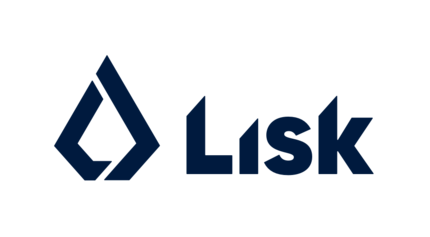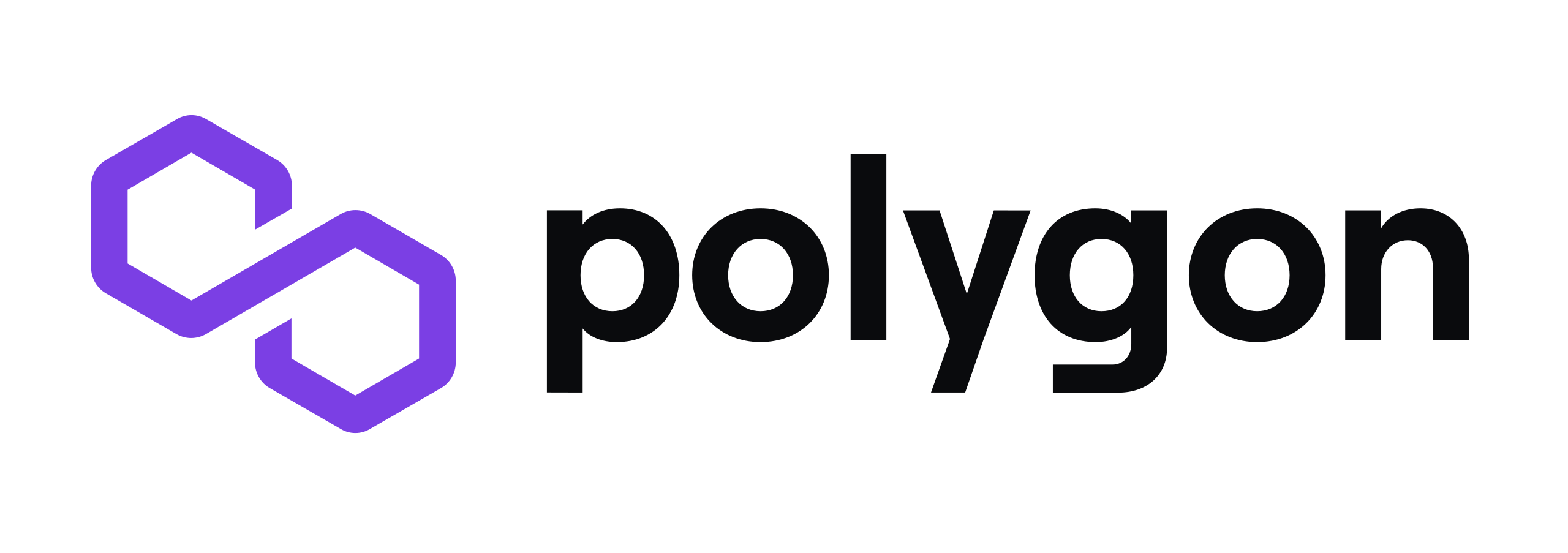
Celo Dollar (CUSD)
Celo is an Ethereum Layer 2 blockchain designed for fast, low-cost payments, native stablecoins, and DeFi apps focused on real-world adoption and financial inclusion.
Overview
Celo is an Ethereum Layer 2 blockchain platform focused on enabling fast, low-cost payments and decentralized finance (DeFi) applications with a strong emphasis on real-world adoption and financial inclusion. It achieves this by offering one-second block times, sub-cent gas fees, and native support for stablecoins such as cUSD, USDT, and USDC. Celo’s architecture is modular and open-source, featuring components like the OP-Stack L2 blueprint for scalability and interoperability, EigenDA v2 for high-throughput data availability, and a zkEVM (zero-knowledge Ethereum Virtual Machine) implementation for secure and efficient smart contract execution.
Designed for developers and enterprises building payment-focused and identity-aware applications, Celo supports gas payments with ERC20 tokens, making transactions more intuitive and accessible. It also integrates privacy-preserving identity proofs via Self Protocol, enabling sybil-resistant applications. The platform’s commitment to sustainability is reflected in its carbon offset fund, which allocates 20% of transaction fees to environmental impact initiatives. With over 600,000 daily active users and 900 million total transactions, Celo has demonstrated significant traction in scaling real-world blockchain solutions.
Developers can get started quickly using Celo’s comprehensive documentation, developer tools, and testnet faucets. The ecosystem supports deploying smart contracts, bridging assets across chains, and building mobile-friendly dApps. Celo also offers grant programs and community initiatives like Proof-of-Ship to fund and support new projects. Its integration with Ethereum’s ecosystem and focus on low-cost, fast finality transactions make it a compelling choice for teams targeting global payments, DeFi, and tokenization use cases.
The Problem
Many blockchain platforms struggle to deliver fast, low-cost transactions suitable for real-world payments and financial inclusion. High gas fees, slow finality, and lack of accessible stablecoins limit blockchain adoption for everyday users and enterprises. Additionally, sybil attacks and privacy concerns hinder the development of identity-sensitive applications.
The Solution
Key Features
Celo Dollar (CUSD) Alternatives
Explore web3 competitors and apps like Celo Dollar (CUSD).

Fuse
Pricing
Free | |
|---|---|
| Price (Monthly) | Free |
| Price (Annual) | Free |
| Messaging | N/A |
| Support | Community support via Discord, Forum, and GitHub |
| Analytics |
Start Building Now
Reliable RPC, powerful APIs, and zero hassle.
Resources
Celo provides extensive resources including detailed documentation, tutorials, developer tools, testnet faucets, and community channels. Builders can access grant programs like Proof-of-Ship and participate in hackathons to accelerate project development.










